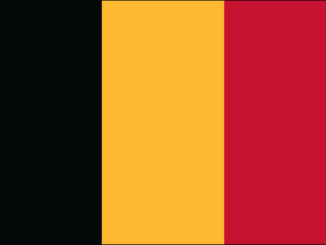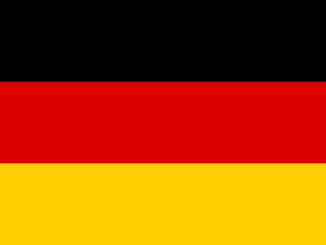 (Deutsche Welle) A deep-seated mistrust is noticeable, even from inside the car, as we drive slowly through the streets of Dinslaken-Lohberg. Due to bad weather, only a few people are outside, following us with their glances.
(Deutsche Welle) A deep-seated mistrust is noticeable, even from inside the car, as we drive slowly through the streets of Dinslaken-Lohberg. Due to bad weather, only a few people are outside, following us with their glances.
“That’s normal in Lohberg,” social worker Önay Duranöz explains as he drives. “Everyone who passes through here is watched closely and with suspicion. Especially when they are strangers.” Social pedagogy student Omar Chengafe, in the back seat, nods in agreement.
The district of Lohberg lies in the north of the small city of Dinslaken in Germany’s most populous state, North Rhine-Westphalia (NRW). It’s a small world of its own — a rather reclusive community, whose around 6,000 inhabitants prefer to keep to themselves and be left alone.
In 2013, Dinslaken-Lohberg suddenly gained international attention as a breeding ground for militant Salafi extremism.



